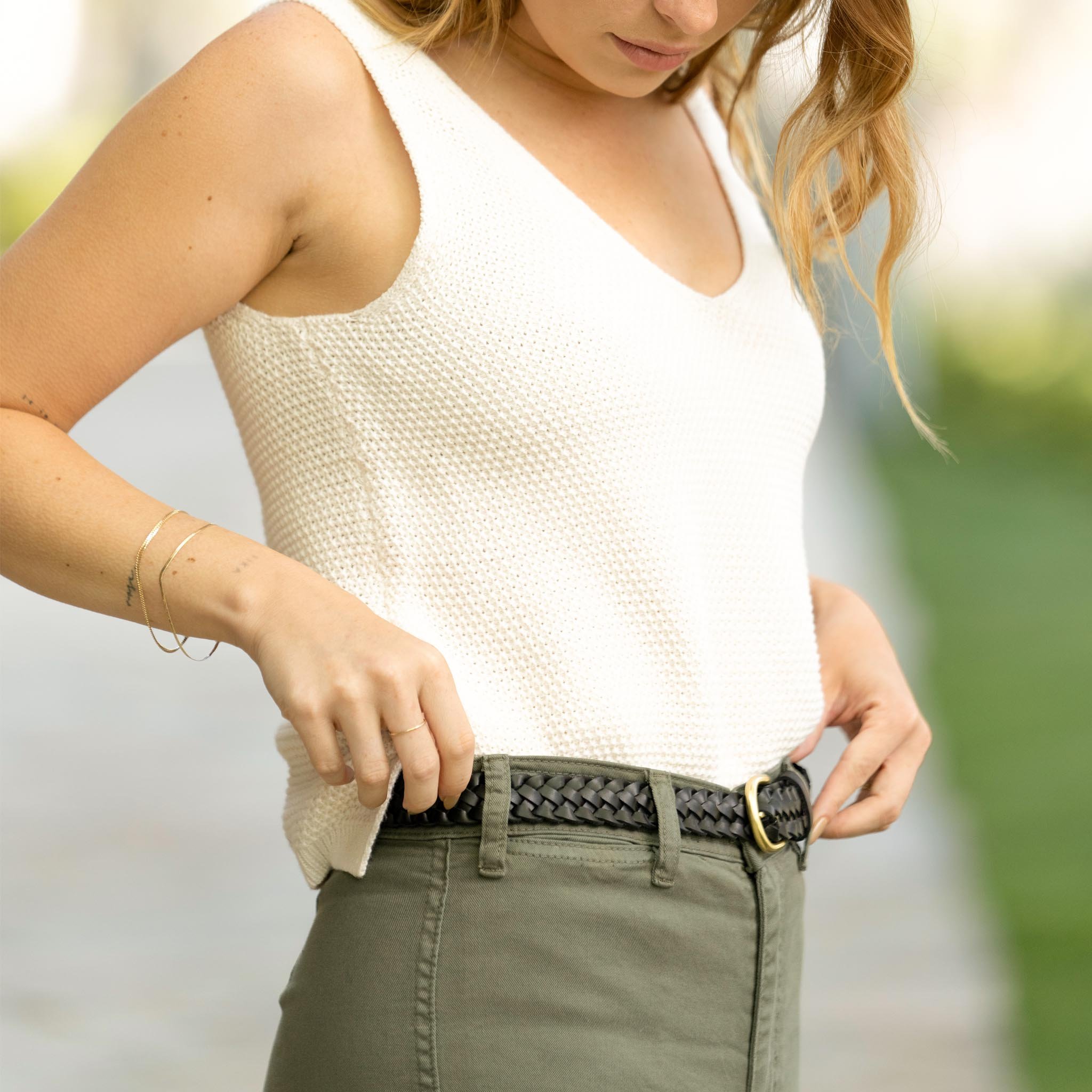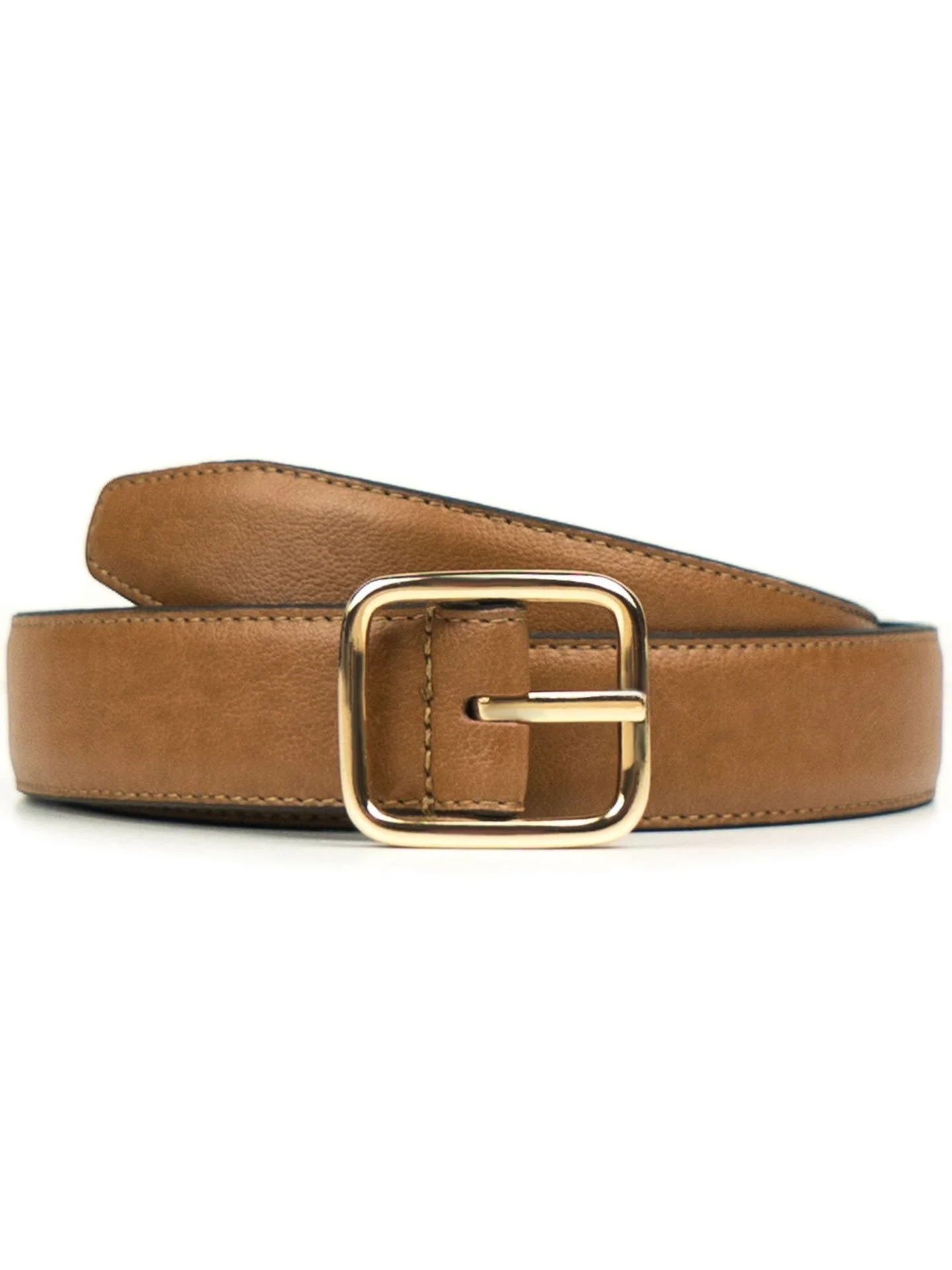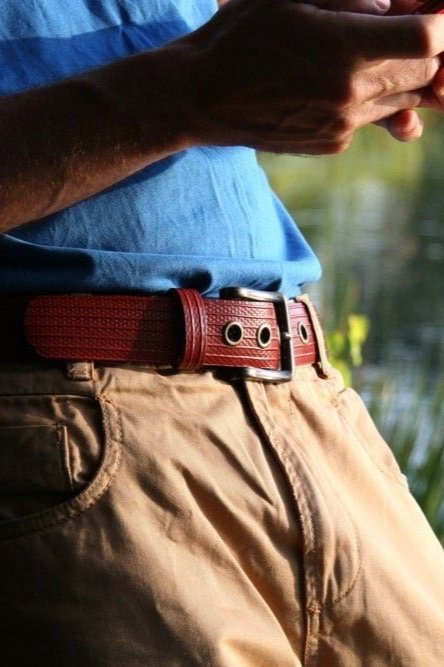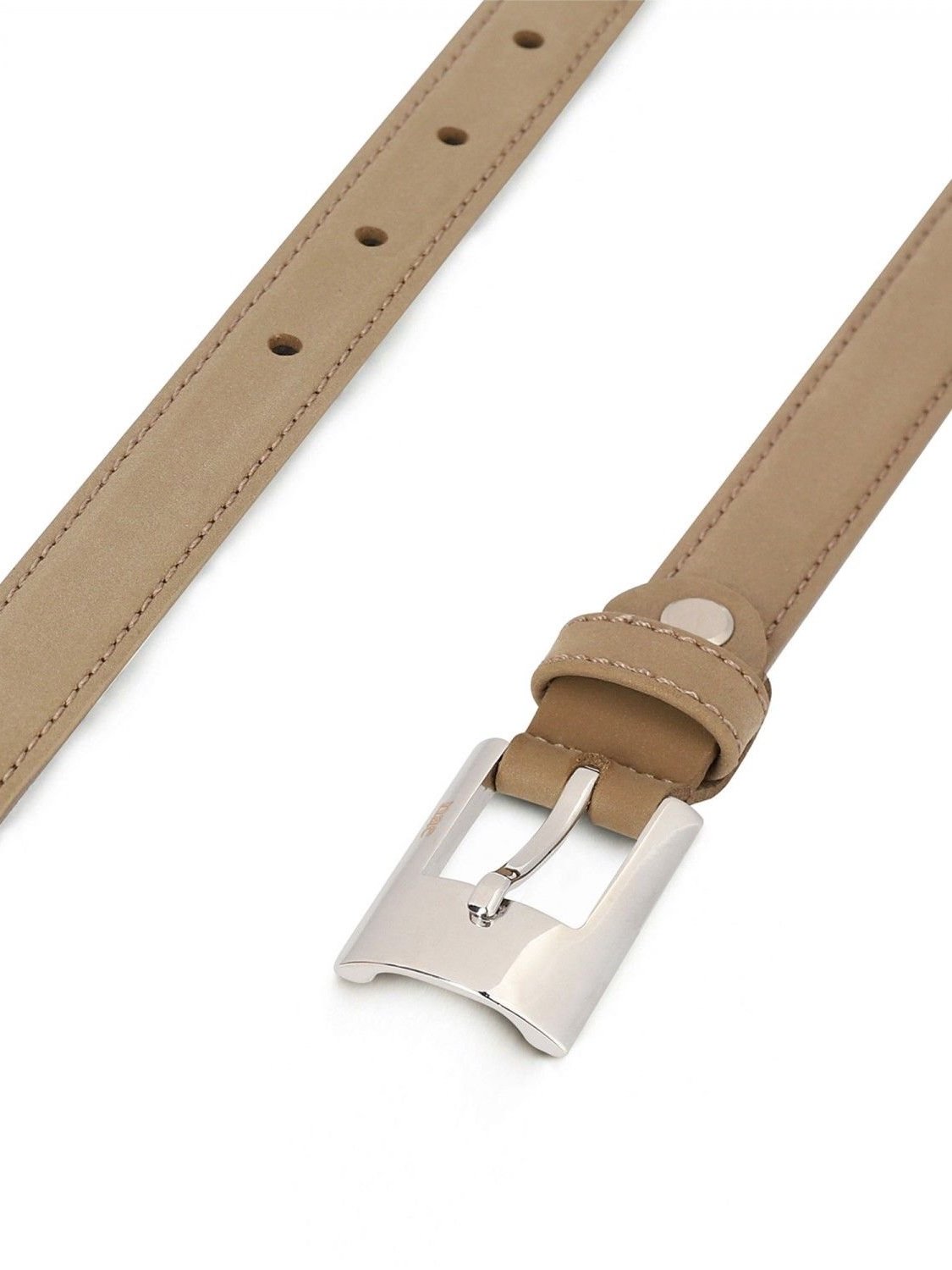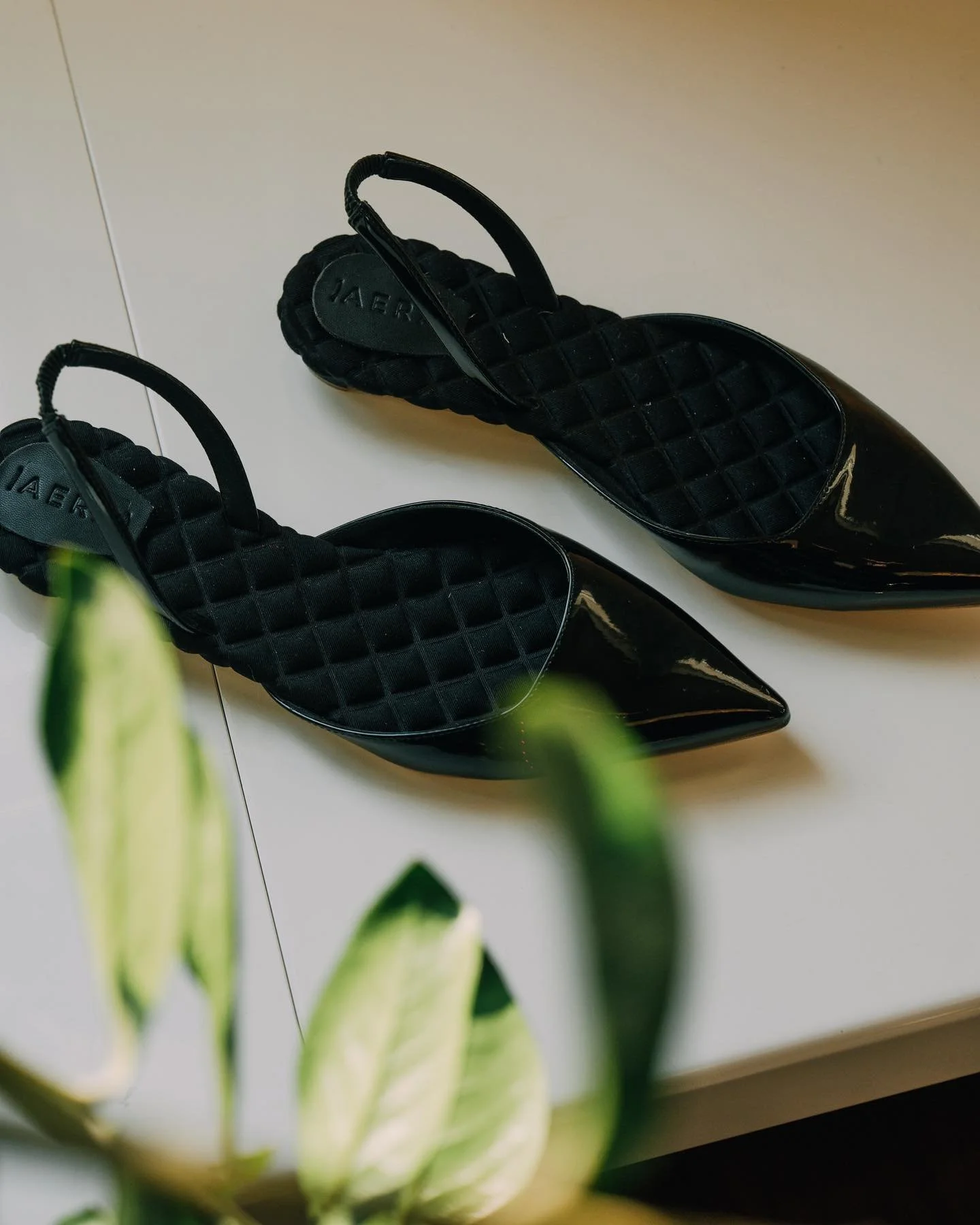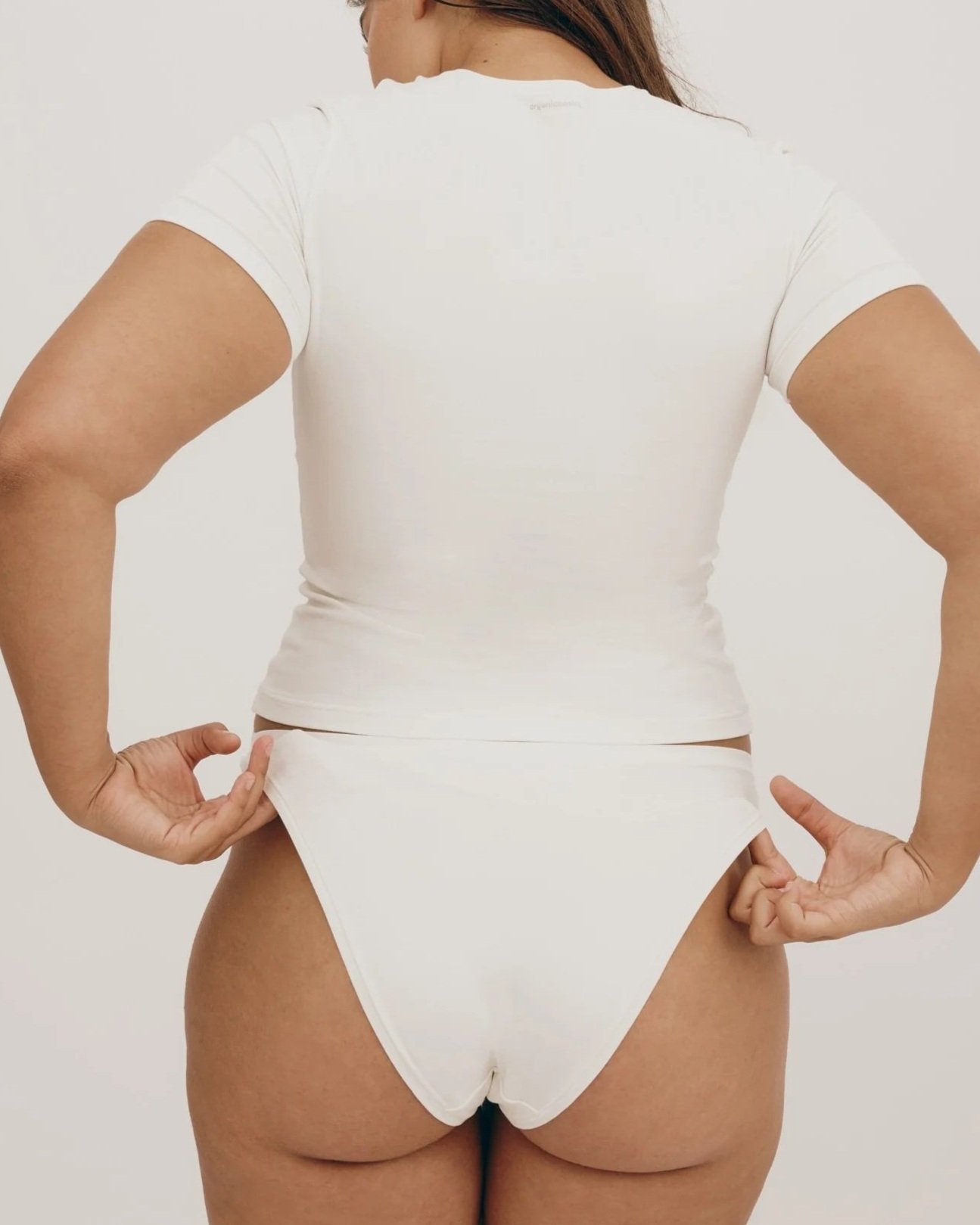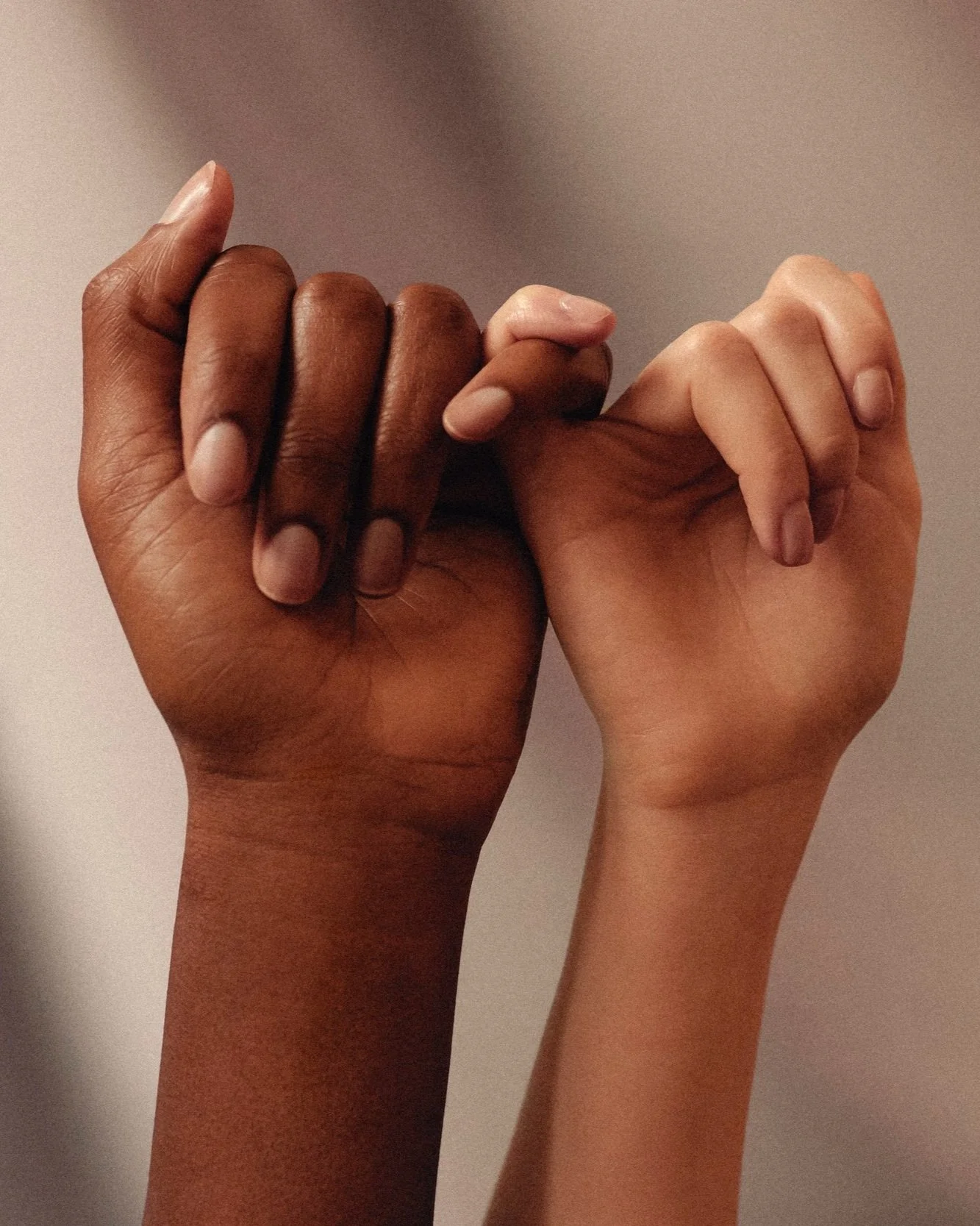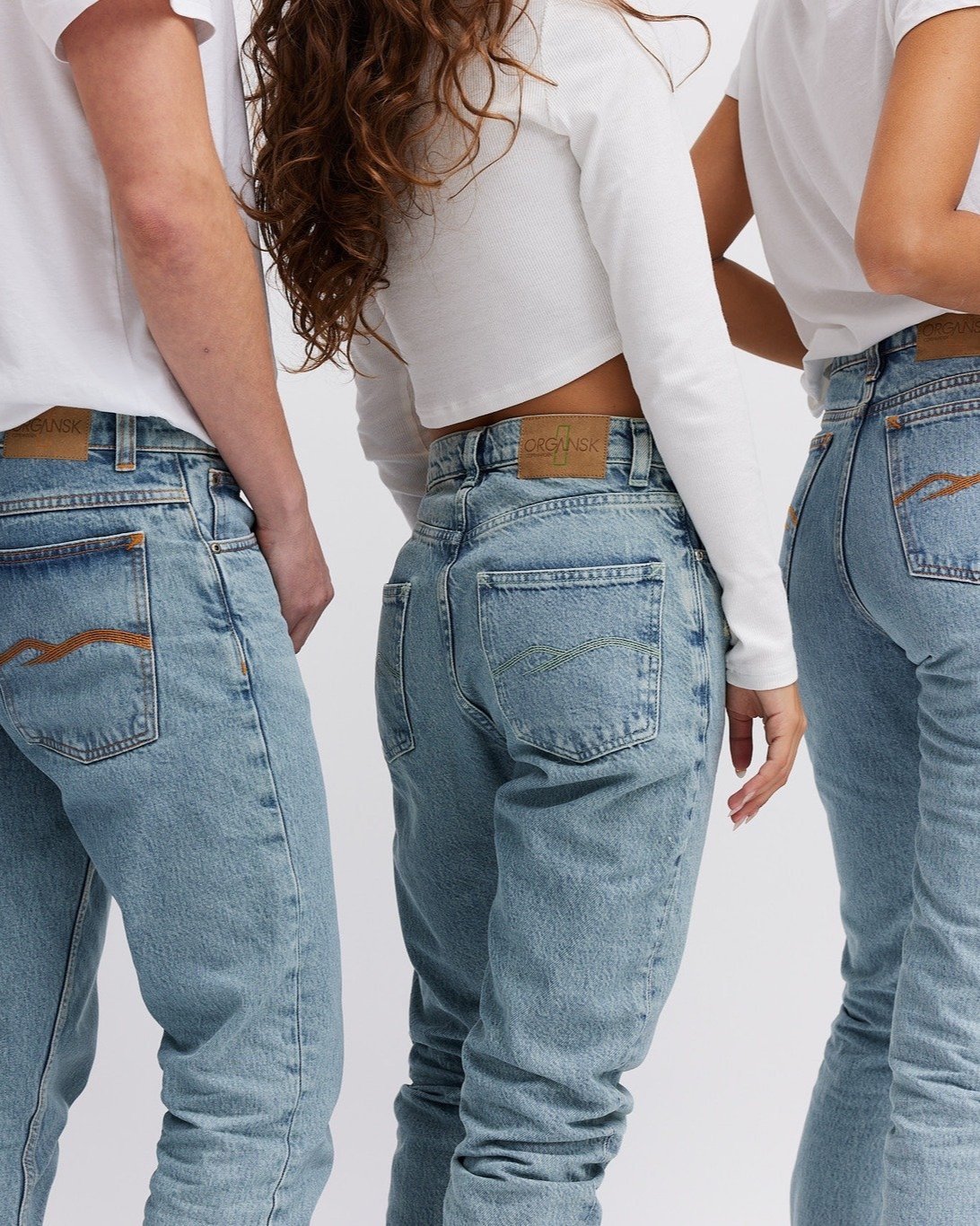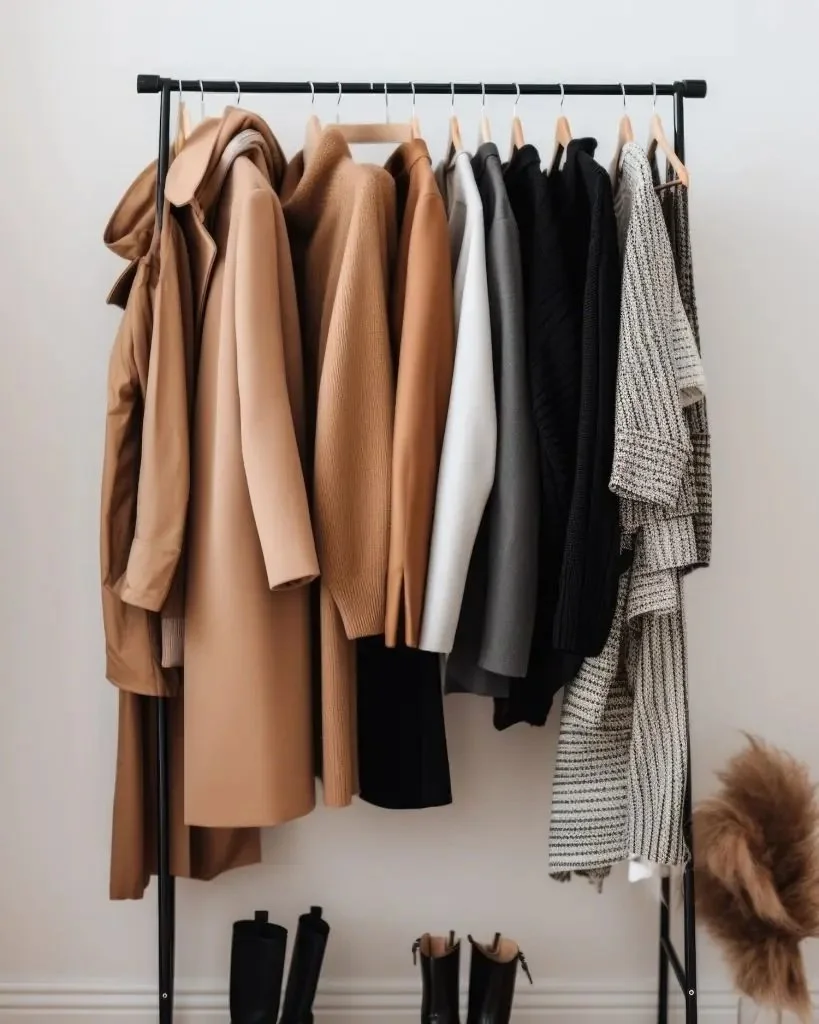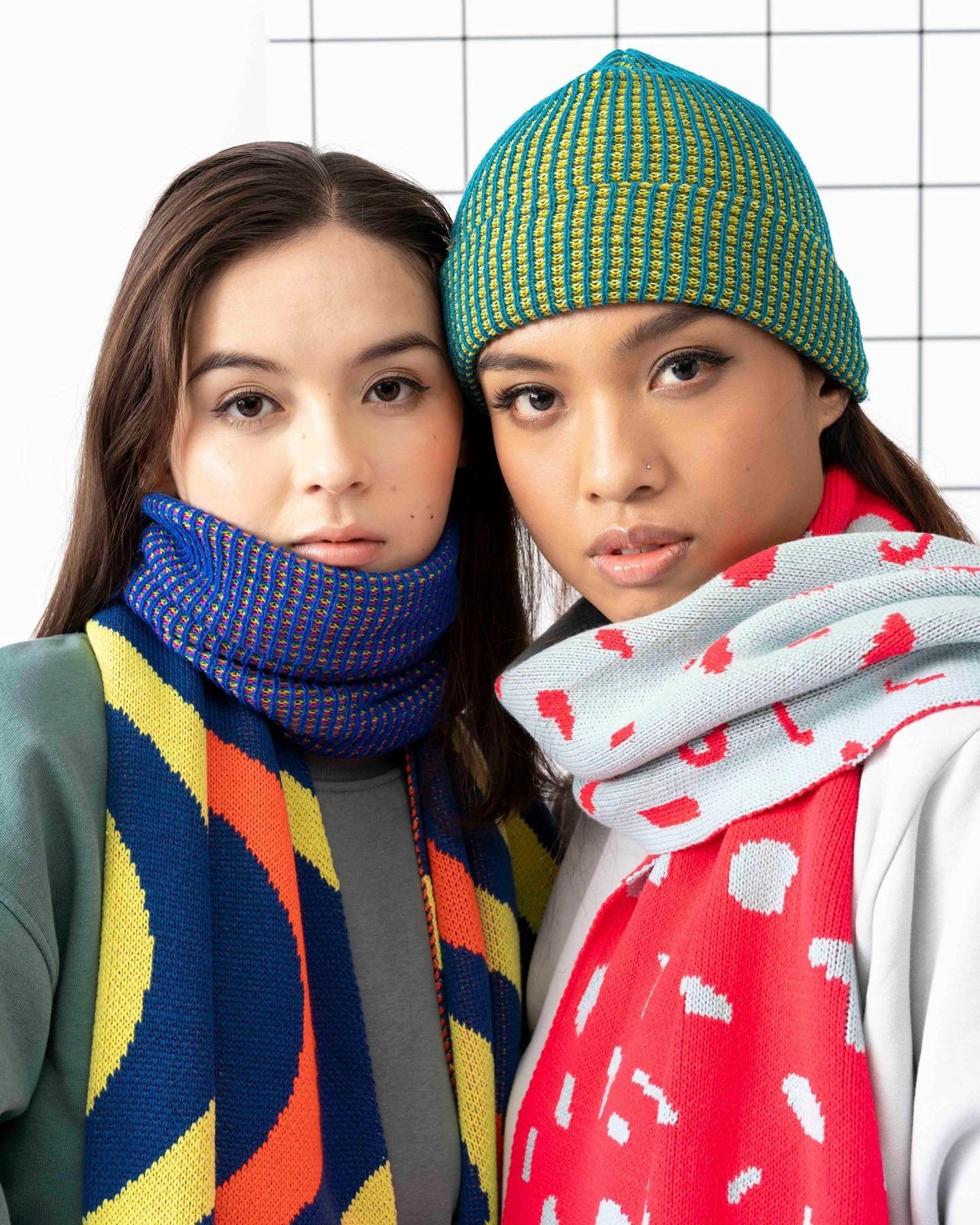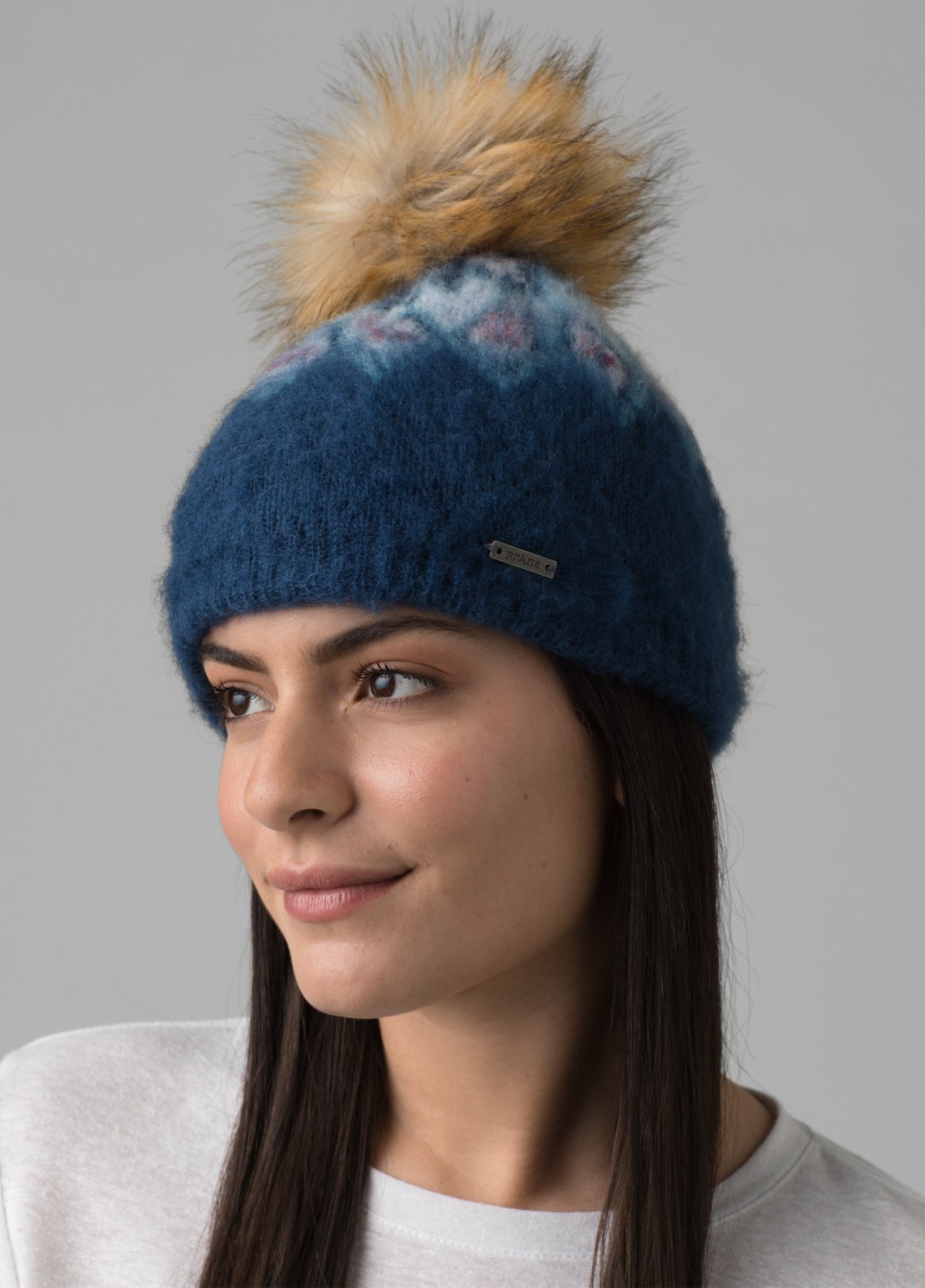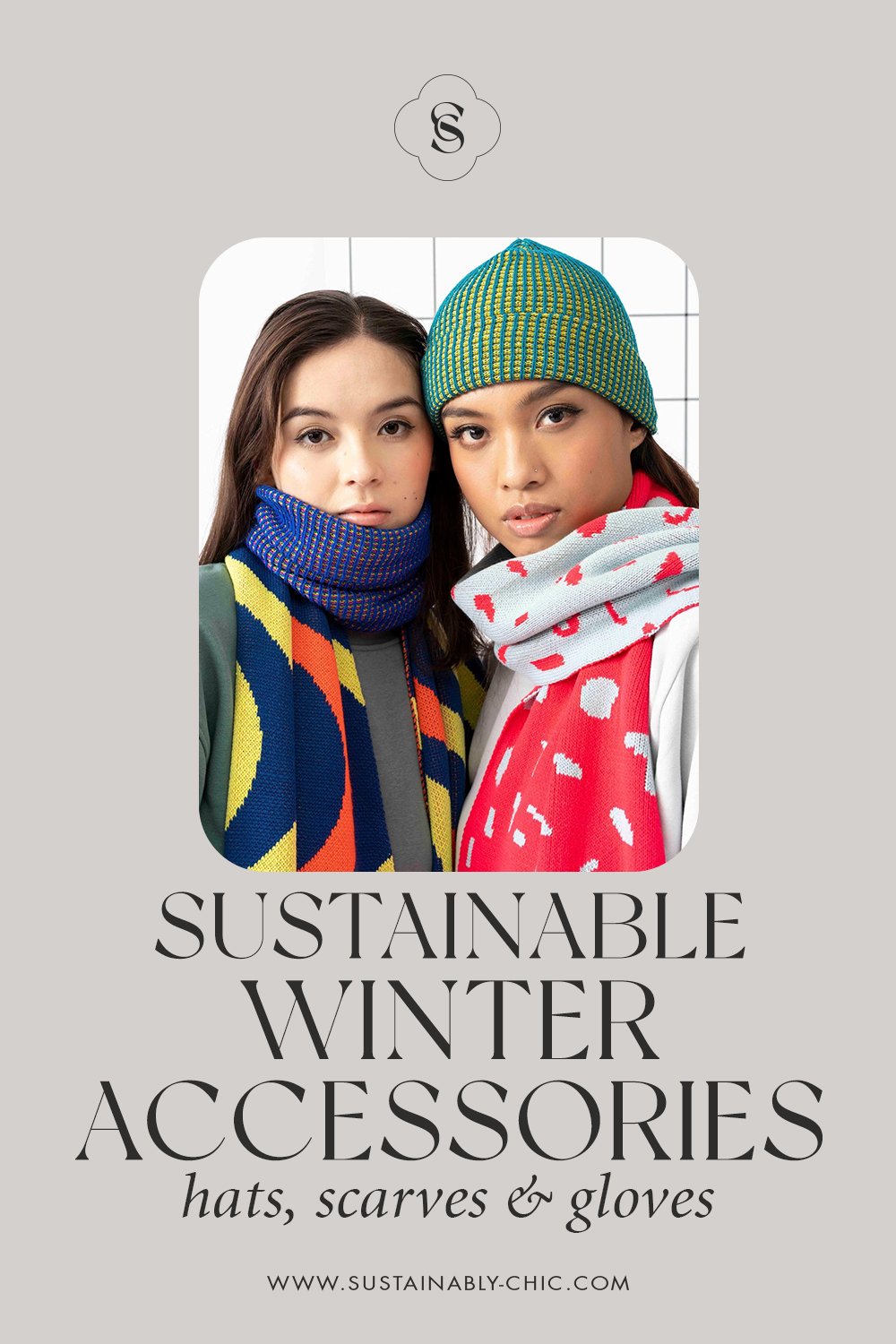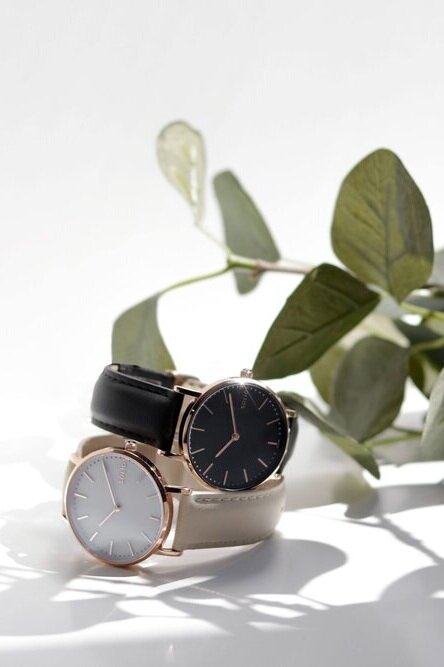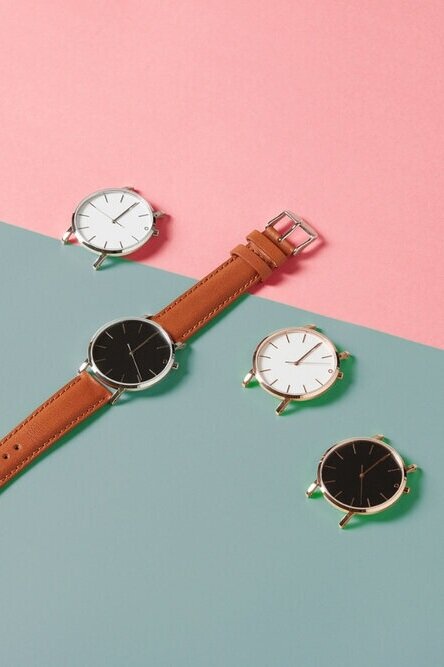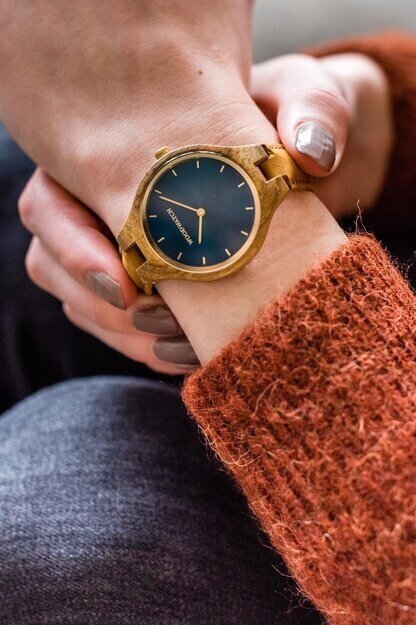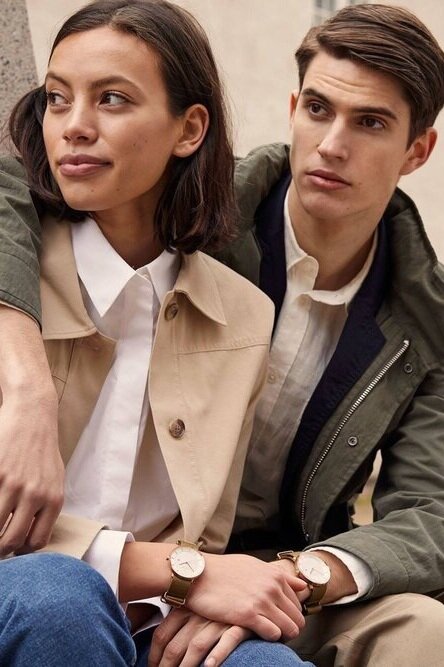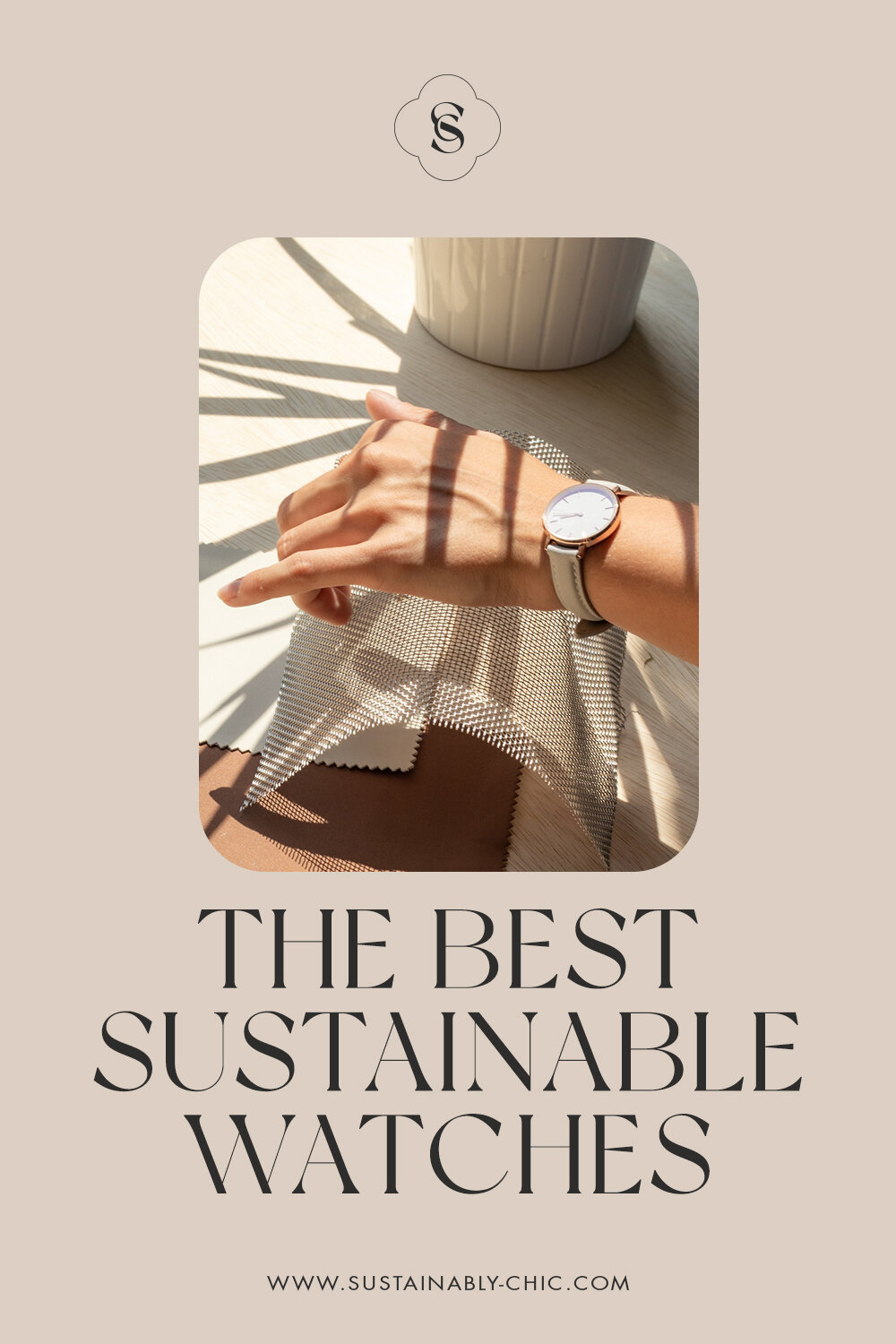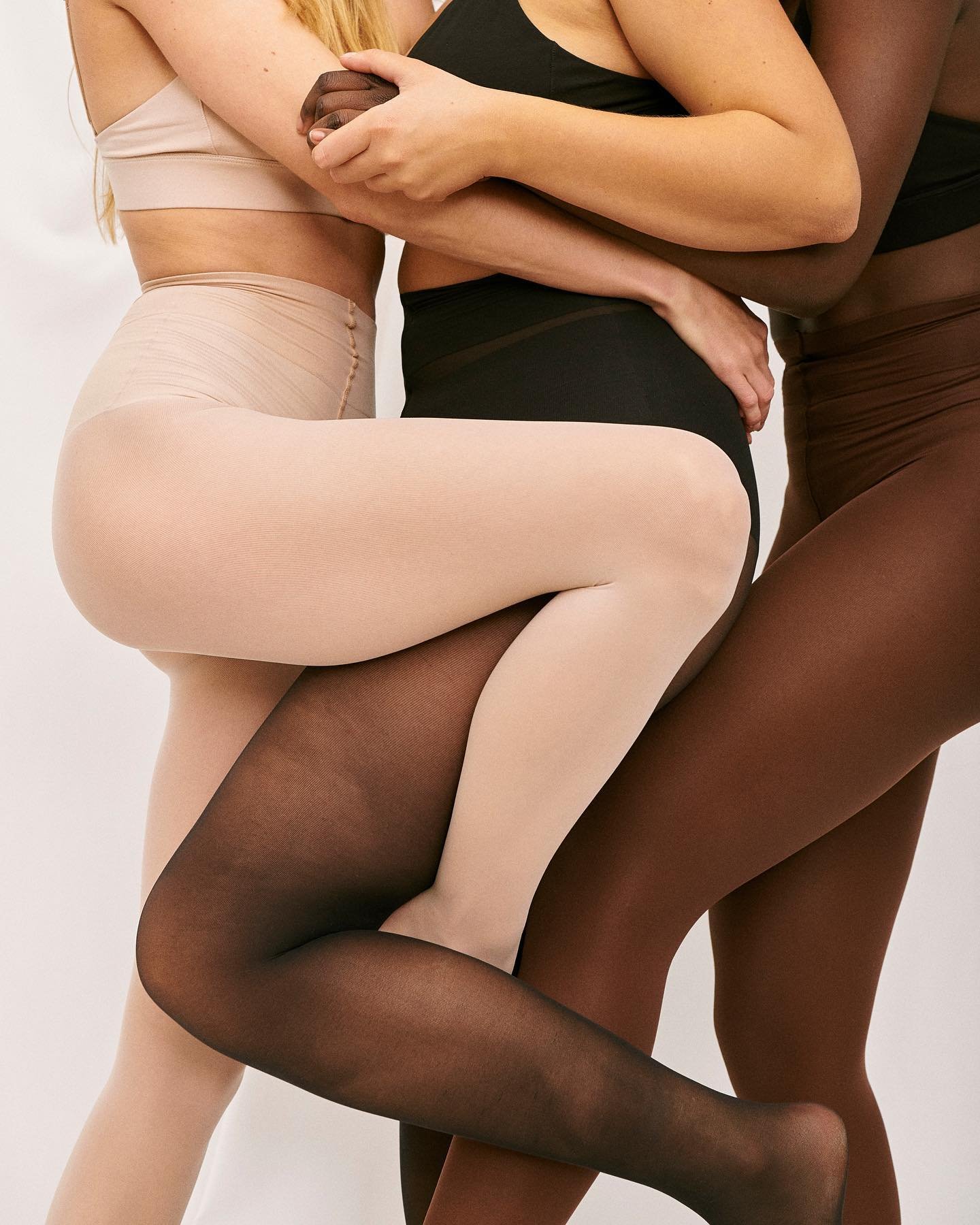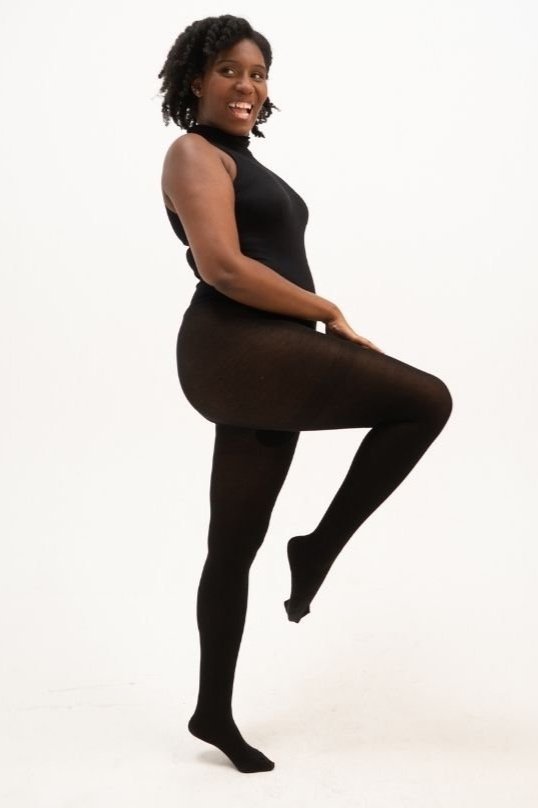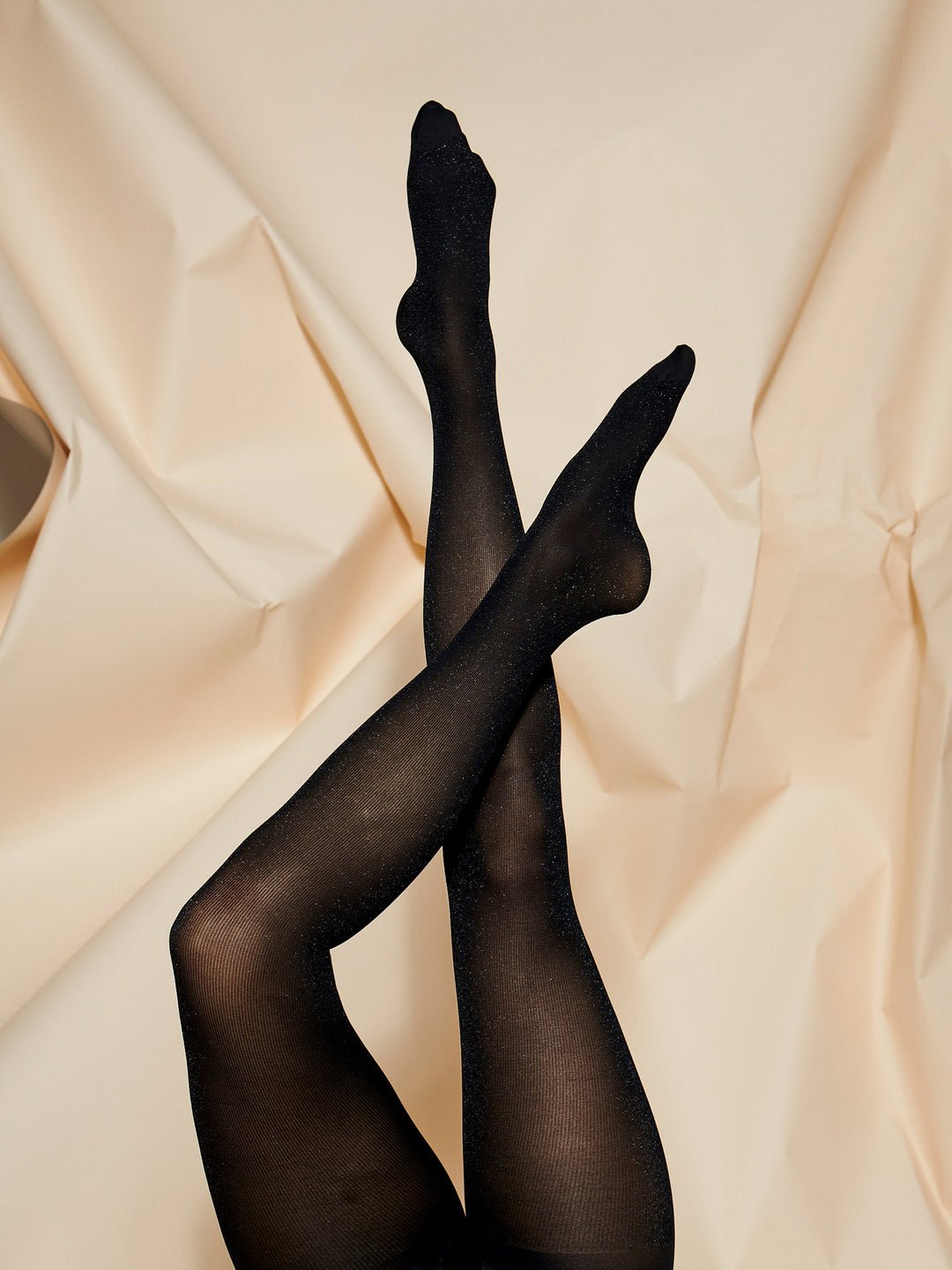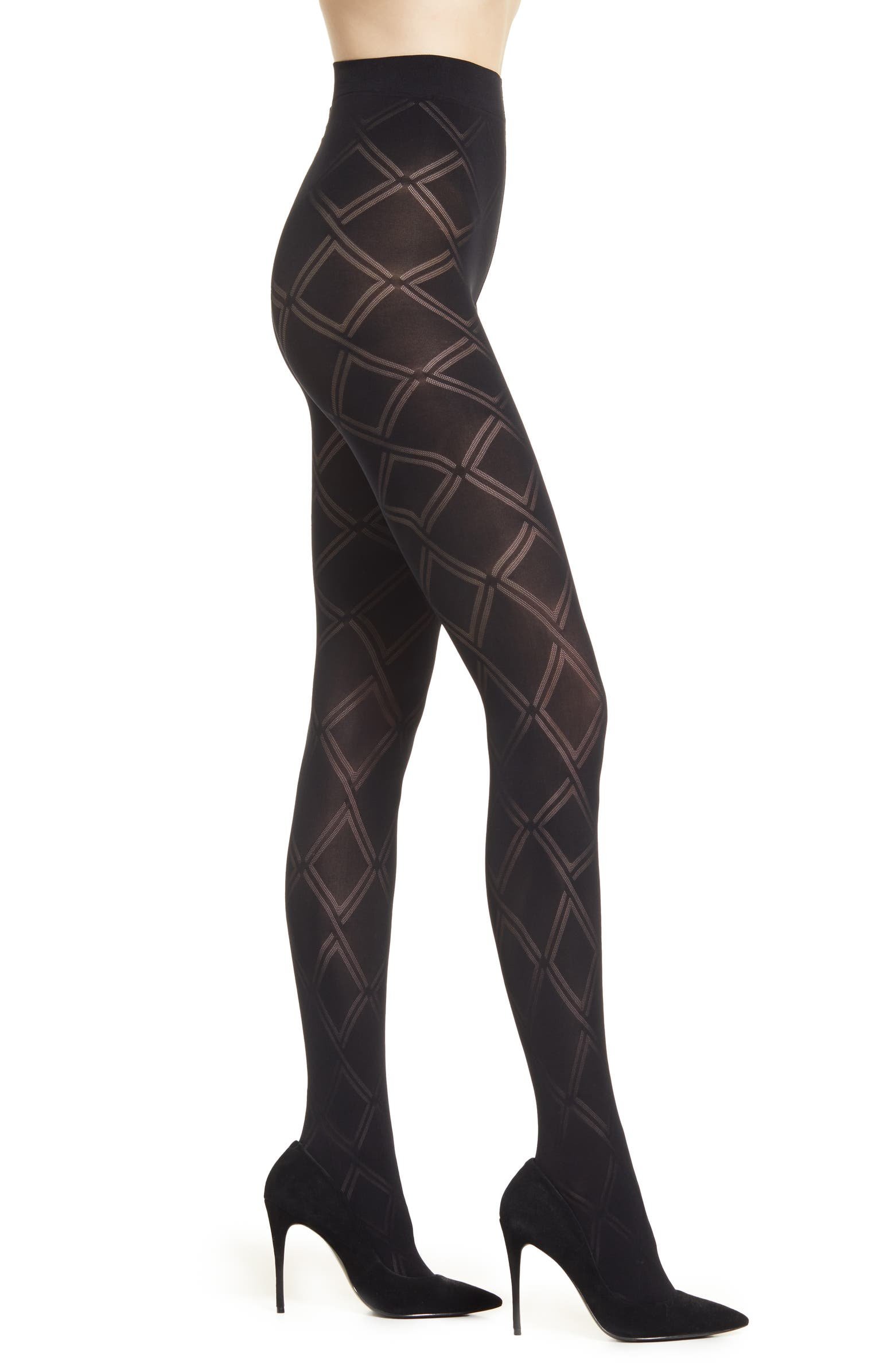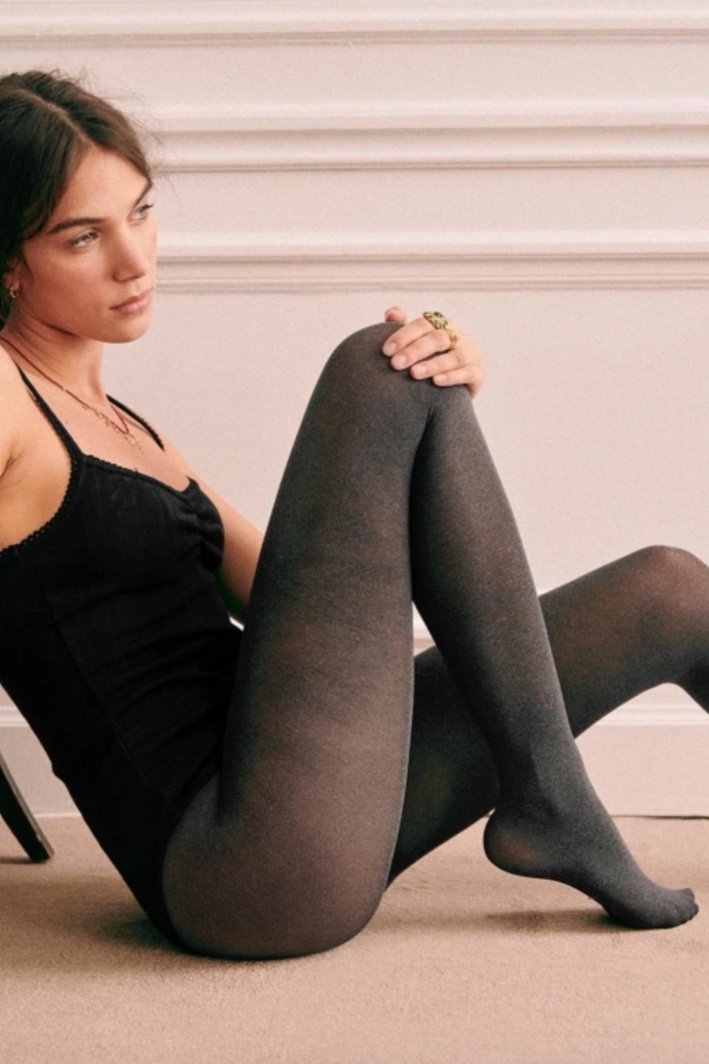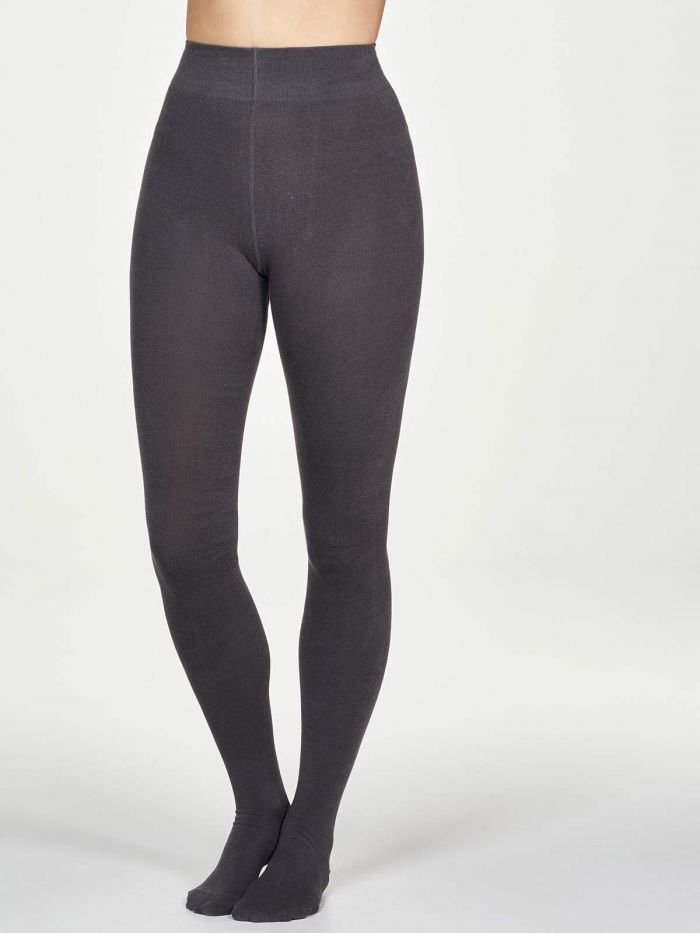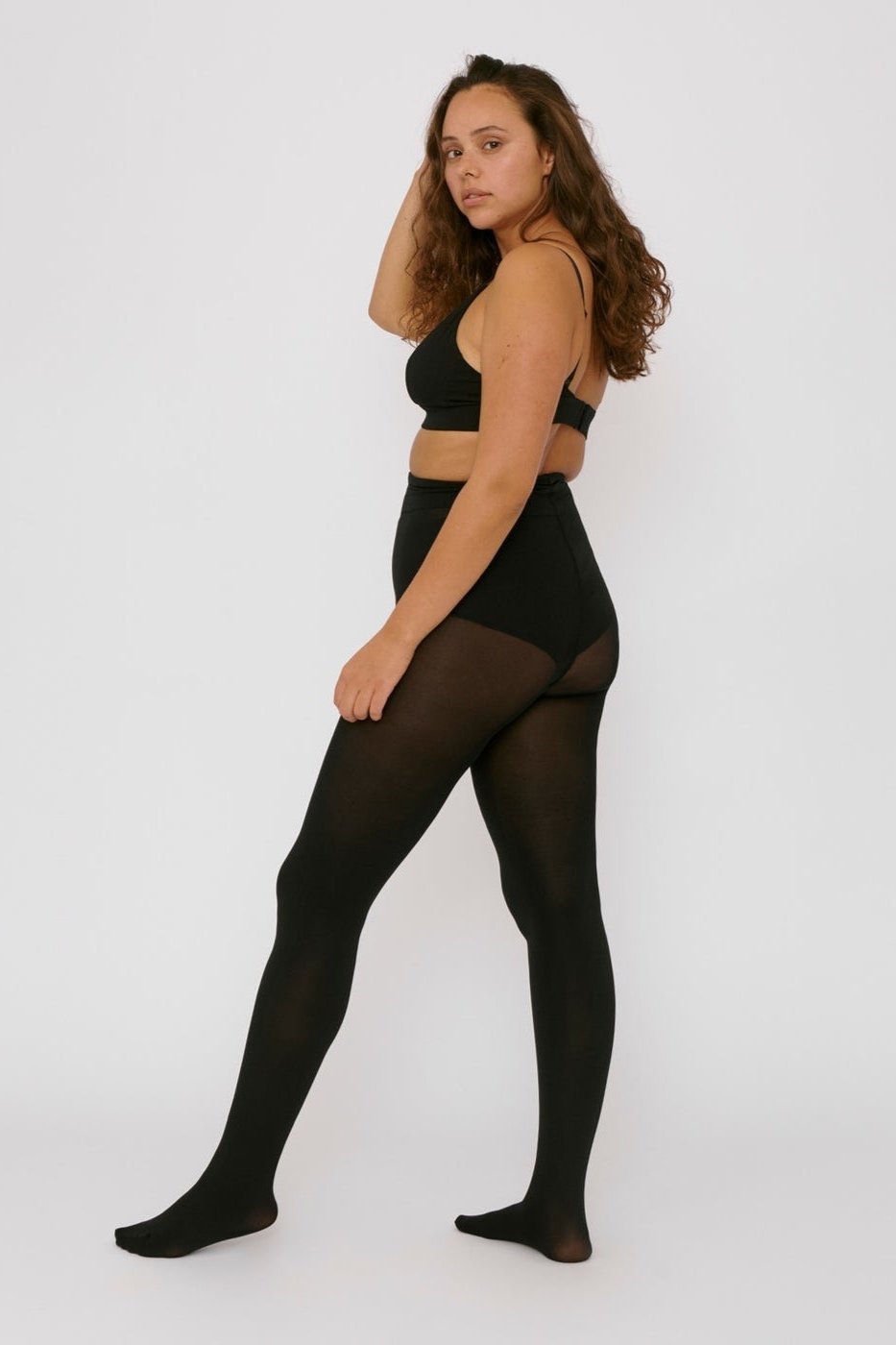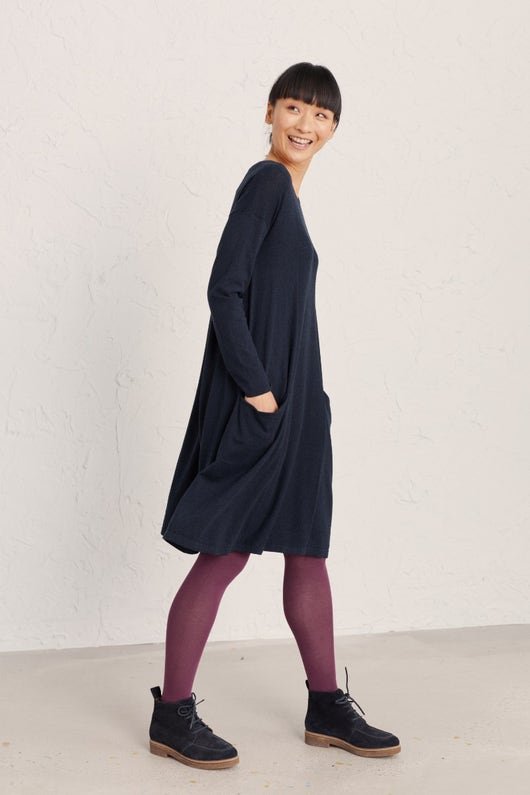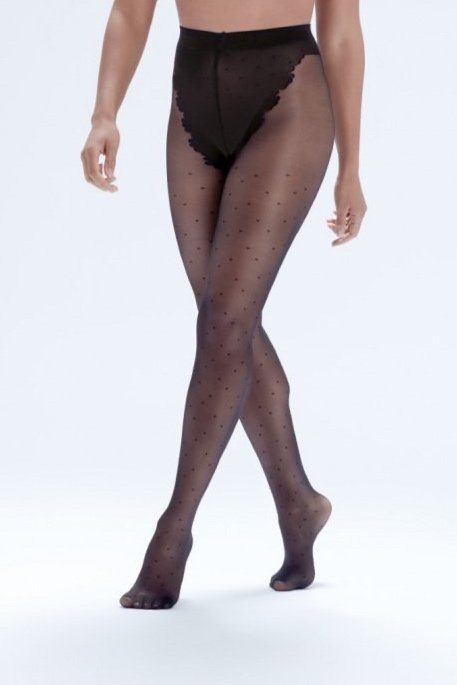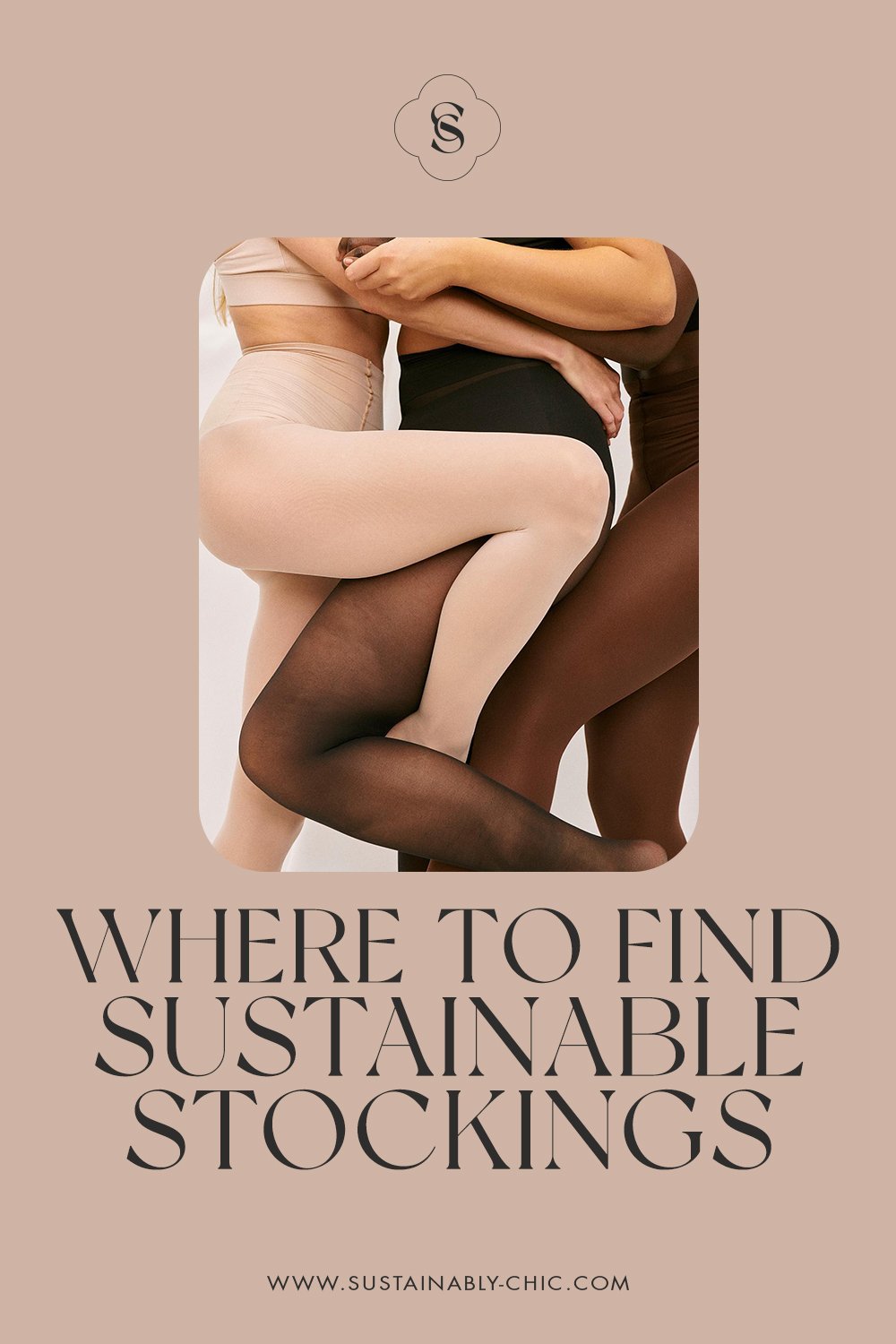Image: Nisolo
Disclosure: Some of the links below are affiliated; we may earn a small commission if you click through and make a purchase. We only ever add brands & products we truly believe in. Thank you for supporting the brands who are making the fashion industry a better place!
The Best Sustainable & Eco-fRiendly Belts
Whether your belt is being used for function or simply adding a little flair to your look, they are something often overlooked in sustainable fashion. From wide belts with large buckles or slim belts with a slide fastener to braided or carved, belts can transform your style. Since belts are often made from plastic or rubber and not sustainable materials they quickly contribute to fast fashion waste as they crack, break and are discarded often. Thankfully, there are companies dedicated to the innovation of fashion who used some creativity and innovation to make a sustainable belt option.
What materials are sustainable belts made from?
Traditionally belts were made from animal skins, like cow or crocodile, or materials like nylon, plastic, and vinyl. There are many more sustainable materials available now. One of the most renewable resources is cork. It doesn’t require cutting down the cork oak tree to use it and the bark grows back quickly to be harvested again. Cork easily mimics the leather look and is durable for daily wear and tear which is important for a belt.
Many companies choose to use recycled nylon or polyester, which prevents it from otherwise being sent to the landfill. While these materials are not renewable or sustainable on their own, but using recycled versions is a great way to reduce waste. Belts are especially good for recycled materials as they require less material as other garments so the recycled material can be utilized more efficiently.
More recently leather replacements using materials like plant skins of cactus, pineapple leaves, or apple peels have become increasingly popular. These bio-based leather alternatives are growing in demand and popularity due to how accessible they are and decreased environmental impact they make.
You can also find sustainable brands who use veggie-tanned leathers.
Where can you shop sustainable belts?
This list compiles a variety of shops with a range of price points, from luxury to budget options, there is something for everyone!
1) Unbelts
For | Gender Neutral
The super comfy stretchy belts made for real life! Unbelts was created to help you feel great in your jeans while sustaining quality jobs throughout their entire supply chain. Their Intrepid Belts are guaranteed to last a lifetime; buy it once and Unbelts will repair or replace it forever. They are also a Certified B Corp and made from recycled plastic bottles.
Besides the many colors and patterns for adults, they make belts for children too! You also never have to worry about buckle bulk with their super-smooth low-profile hardware.
use code SUSTAINABLYCHIC20 for 20% off your purchase
2) Nisolo
For | Men & Women
Nisolo offers versatile designs for your everyday life. The company is built on the mission to create products that are comfortable, functional, and always made responsibly. B Corp Certified, Climate Neutral certified and their factory is solar-powered. They also are transparent with their labor policies and all producers receive beyond fair trade wages, healthcare, and a healthy working environment. Nisolo’s belts offer easy and effortless styling that will go with everything you already have in your closet and conventional & veggie-tanned leather is used for their belts.
3) Will’s Vegan Store
For | Men & Women
Will’s Vegan Store believes that if we all try to make a positive choice we can create positive change in the world. The belts are made from Italian vegan leather with plants created with bio oil sourced from organic cereal crops grown in Northern Europe. In addition to safe and fair labor for their workers in Italy and Portugal, everything in Will’s Vegan Store is certified carbon neutral, all packaging is plastic-free and they offer a recycle service when your items are ready to retire.
4) Poppy Barley
For | Men & Women
Poppy Barley is a Canadian brand and B-Corporation founded by two sisters in Edmonton, AB.
Their company is committed to rethinking every step to create sustainably made, fairly-priced products designed to be worn on repeat.
Their classic belts are made with LWG Certified leather and come in 2 different styles.
5) Asket
For | Men
Cut and braided in an artisanal studio in Florence, Italy, The Braided Elastic Belt is made from soft and durable Italian cotton-rubber-viscose cords and embellished with vegan leather trims. Find it in 3 different colors - beige, black and dark navy.
ASKET believes in full traceability from the very start to the end. They refer to this as ‘From Farm to Finish Line.” For each garment, you can look up its history.
6) Mayamam Weavers
For | Women
If you’re looking for a belt to bring some color and vibrancy to your outfit, Mayamam Weavers is known for just that! Handwoven and embroidered with eye-catching patterns, each belt is one of a kind. Mayamam Weavers is a company based in New Jersey and are members of the Fair Trade Federation ensuring their workers are not only paid fair wages but they are also empowered to learn business skills to better their future. Their belt styles are all made from 100% cotton and don’t let their beauty fool you, all styles are durable for daily use.
7) Elvis & Kresse
For | Men & Women
Not only can you support sustainable ethical business, you can also support a great cause. Elvis and Kresse is a luxury lifestyle accessories brand that makes belts out of London’s decommissioned fire hose. This company is built upon the three pillars of rescue, transform, and donate. They rescue their materials and transform them into something new then donate a part of the profits. They will even repair your belt for life. As a B Corp Certified, Living Wage Employer and Certified Social Enterprise company, ethics and sustainability is at the forefront of the business model. 50% of profits from the fire-hose range are donated to The Fire Fighters Charity.
8) Nae
For | Men & Women
Sustainable and ethical for people, the planet and the animals. Using recycled or eco-friendly materials like organic cotton and cork, Nae makes shoes and accessories that are manufactured in certified and ethical factories in Portugal. The available belt styles and colors are classic for everyday outfits and use vegan leather with OEKO-TEX certified microfiber manufactured without CO2 emissions. Nae’s most popular belt styles are the braided or skinny width vegan leather.
9) Clinch
For | Women
Clinch strives to be timeless and create accessories that you want to pass down to the next generation. While they are still working to be fully sustainable, they incorporate sustainable processes where they can. They use vegetable tanning when possible, use recycled sterling silver and brass for the belt buckles and the belts are made by people paid a livable wage in safe working conditions. Clinch has an interchangeable belt line, which allows you to mix and match your straps and buckles for a fully customized look. Their belt buckles are what makes their belts truly unique and the signature design looks like high end designer quality.
10) Brave Leather
For | Men & Women
At Brave Leather, this Canadian company uses a vegetable tanning process to create their unique leather goods. This means no carcinogens for you or the environment and your artisan-crafted piece will last a lifetime. Brave also only uses industry by-product leather, which means not one piece of leather has ever come from an animal sacrificed for its skin. Even their adhesives are sustainable by only using those that are water-based with zero VOCs. All workers are paid fair wages and work in a safe environment in their Toronto workshop. From classic, stud-embellished or patterned, Brave creates a variety of belt styles to suit your wardrobe.
11) Corkor
For | Men & Women
Corkor only uses certified cork and their products are handcrafted by artisans in Portugal. Cork is an eco-friendly material as it can be harvested off the tree without cutting the tree down. The Corkor belts use cork in a way that resembles leather without the exploitation of animals and is more durable. Corkor prioritizes sustainable materials, labor and manufacturing. There are three main colorways and a few different sizes for both men and women. All belts are very neutral and understated so they would be suitable for anyone looking for a classic belt.
MAKE SURE TO PIN THE PHOTO BELOW TO SAVE THIS POST FOR LATER!
WANT MORE SUSTAINABLE BRANDS? VISIT OUR BRAND DIRECTORY!
Our Brand Directory is home to hundreds of sustainable brands, from makeup to cleaning supplies, from underwear to shoes. We have broken everything down by category for easy shopping, along with discount codes unique to Sustainably Chic viewers.

